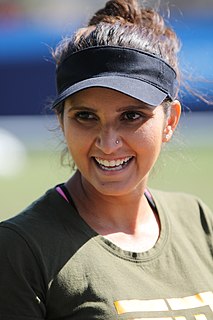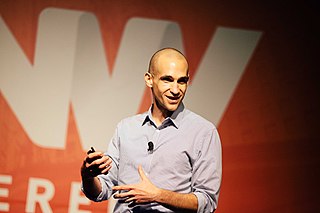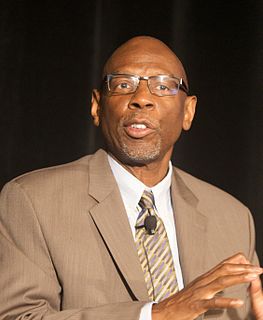A Quote by John Quelch
Brand preferences and consumption levels in emerging markets such as China, India and Brazil tend to be more fluid. Consumer research is therefore critical to aid marketers trying to cement brand preferences early on as these economies develop.
Related Quotes
A good ad is one simple idea, with humanity in it, that connects with consumers, that represents the value system of a company and then can connect it with the consumer. We always say a brand is set of shared values. So if you can simply demonstrate your value system as a brand, so that a consumer could say, "Ah, our values line up. I vote for you, brand!" that's a good ad.
The only leverage the manufacturer can apply to the retailer is his relationship with the consumer. And the main element in profit growth is going to have to lie in making his brand more valuable to the retailer, through its being more valuable to the consumer. And that means his brand must be unique, it must have no adequate direct substitutes - because it is in this, after all, that value lies.



































